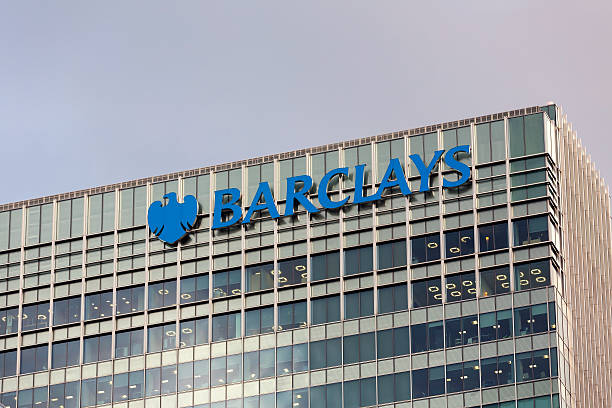UK banking giant Barclays will block cryptocurrency transactions made via its Barclaycard credit cards beginning Friday, in a move the bank says is aimed at protecting customers from crypto market volatility and regulatory uncertainties.
Crypto Volatility and Lack of Investor Safeguards Drive Policy Shift
According to a notice on Barclays’ official website, the decision stems from concerns about the highly volatile nature of digital assets and the absence of consumer protections.
“We’re doing this because a fall in the price of crypto assets could lead to customers finding themselves in debt they can’t afford to repay,” the bank said.
Barclays also noted that crypto assets are not protected under the UK’s Financial Ombudsman Service or the Financial Services Compensation Scheme, leaving consumers exposed if transactions go wrong.
End of a Six-Year Crypto Card Relationship
Barclays has permitted crypto-related transactions via credit cards since at least 2018, allowing customers to buy digital currencies through exchanges. As of 2023, the bank reported more than five million active credit card accounts in the United Kingdom.
The latest policy marks a significant departure from its previous stance and could influence other traditional financial institutions weighing similar restrictions.
Regulatory Pressure Mounts in the UK
Barclays’ move comes as UK regulators intensify scrutiny of crypto’s integration with traditional finance. On May 2, the Financial Conduct Authority (FCA) released a discussion paper exploring whether credit-based crypto purchases should face further limitations.
The FCA asked for public and industry feedback on potential restrictions, highlighting a broader regulatory effort to assess the risks digital assets pose to retail consumers.
Barclays’ credit card ban may be a harbinger of stricter oversight ahead as the UK navigates its evolving crypto policy landscape.


